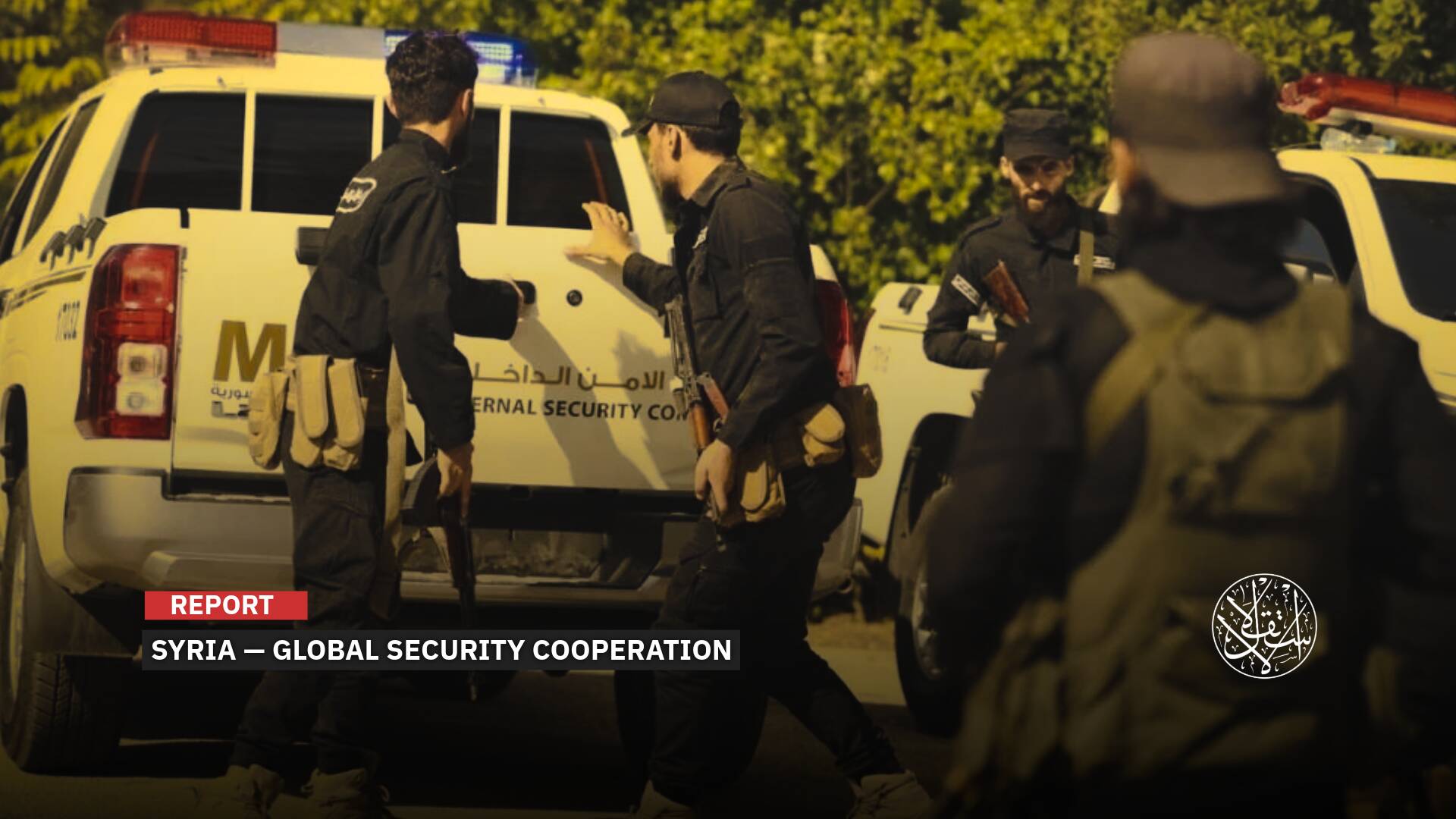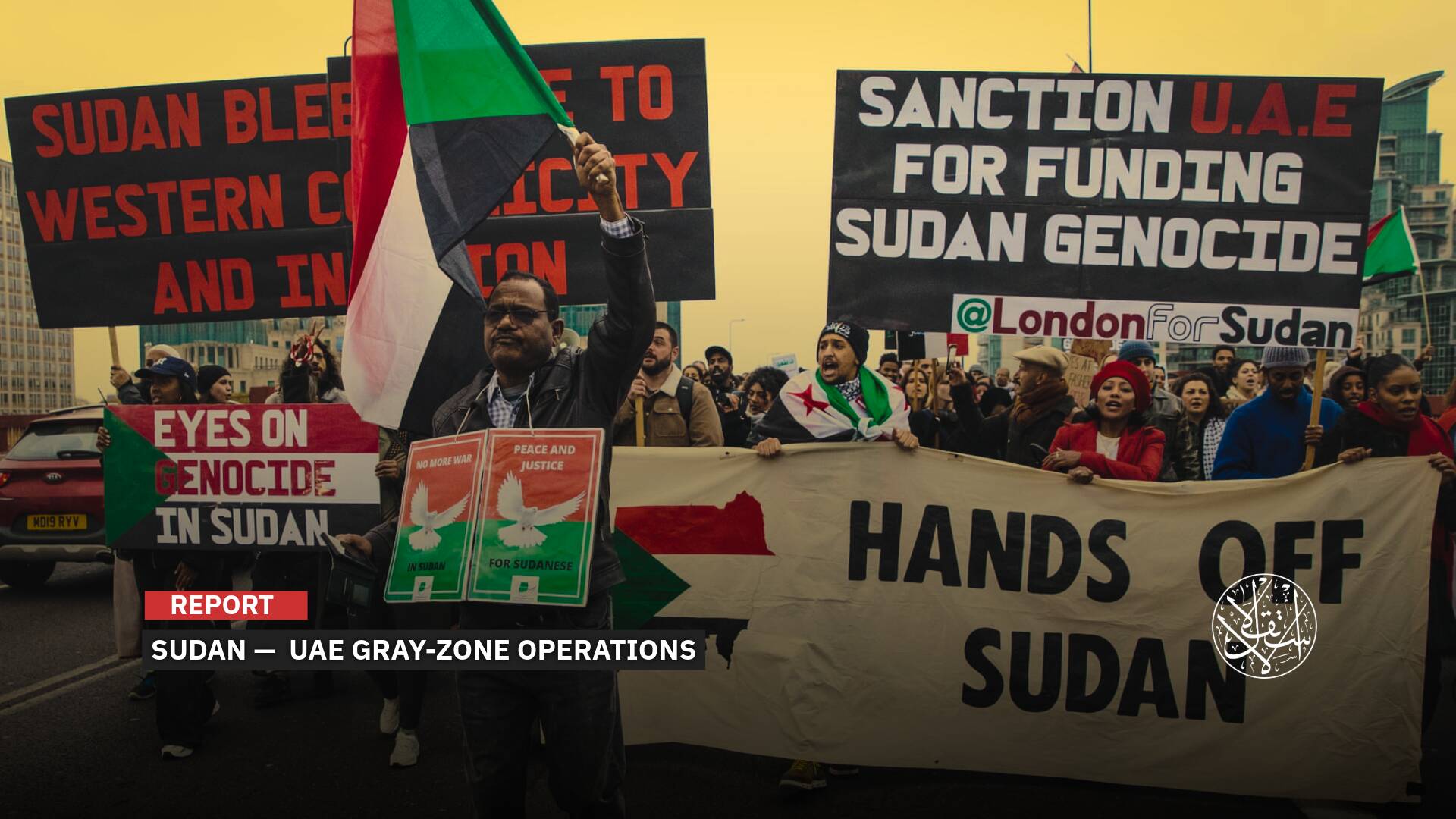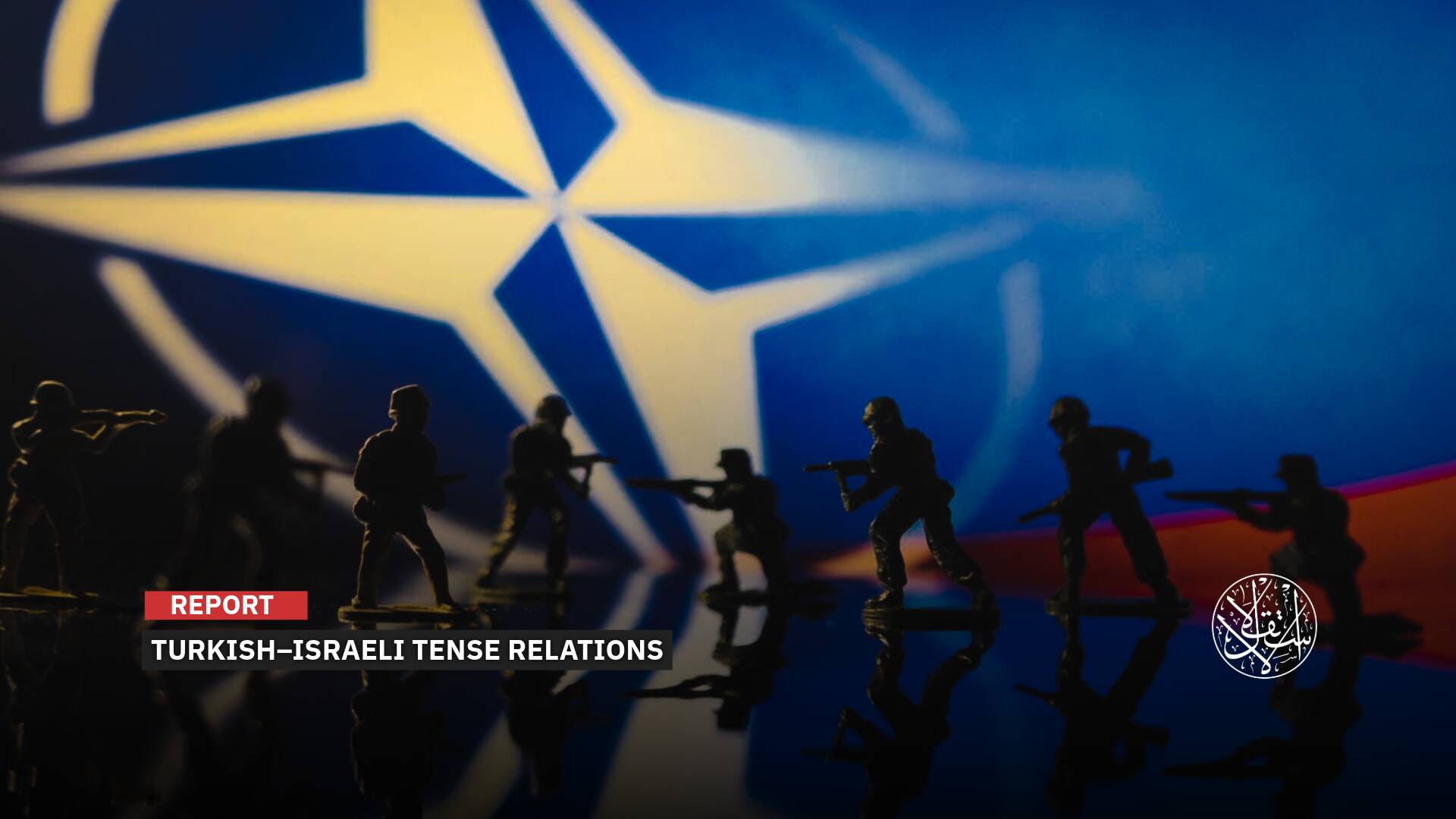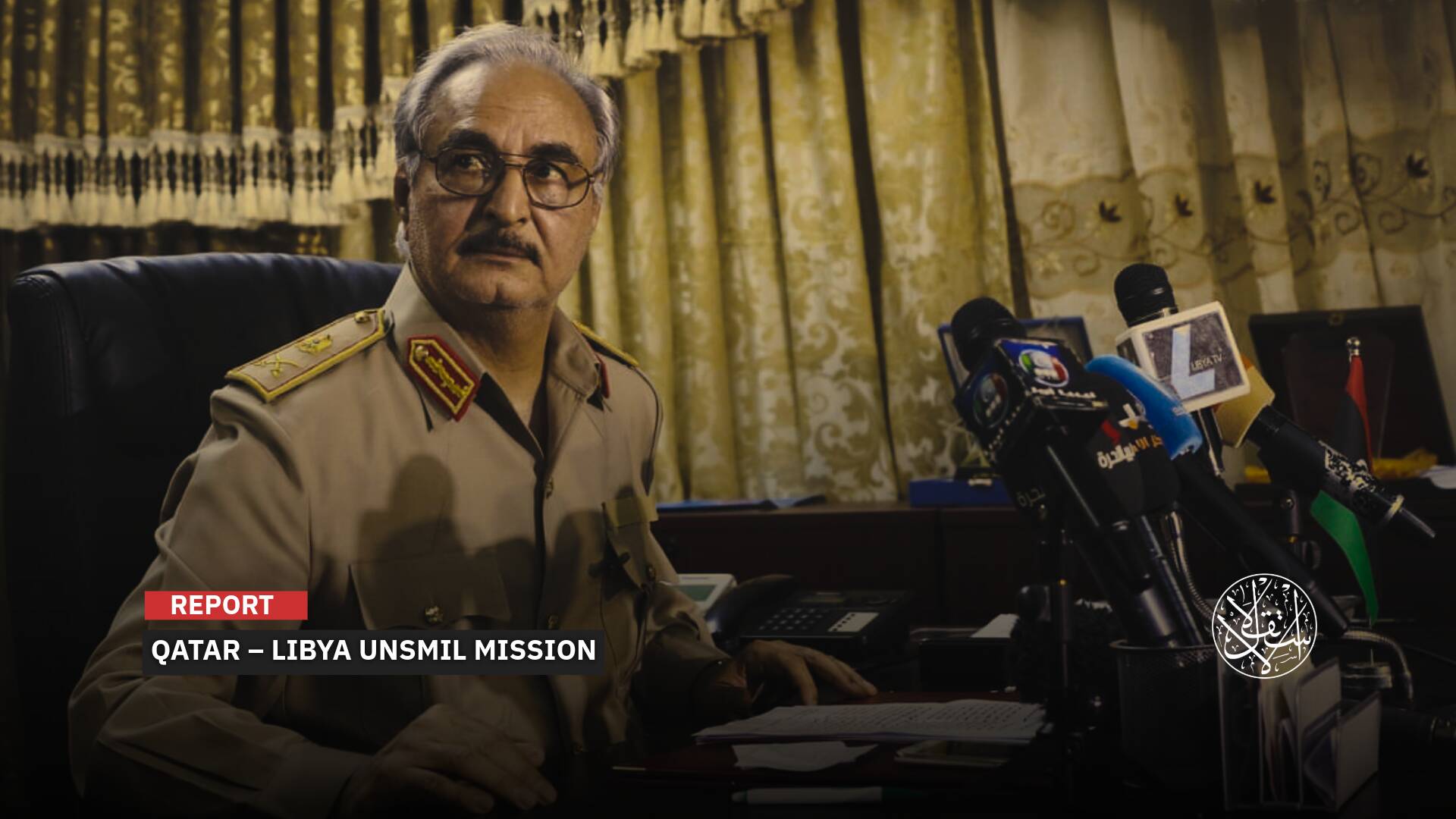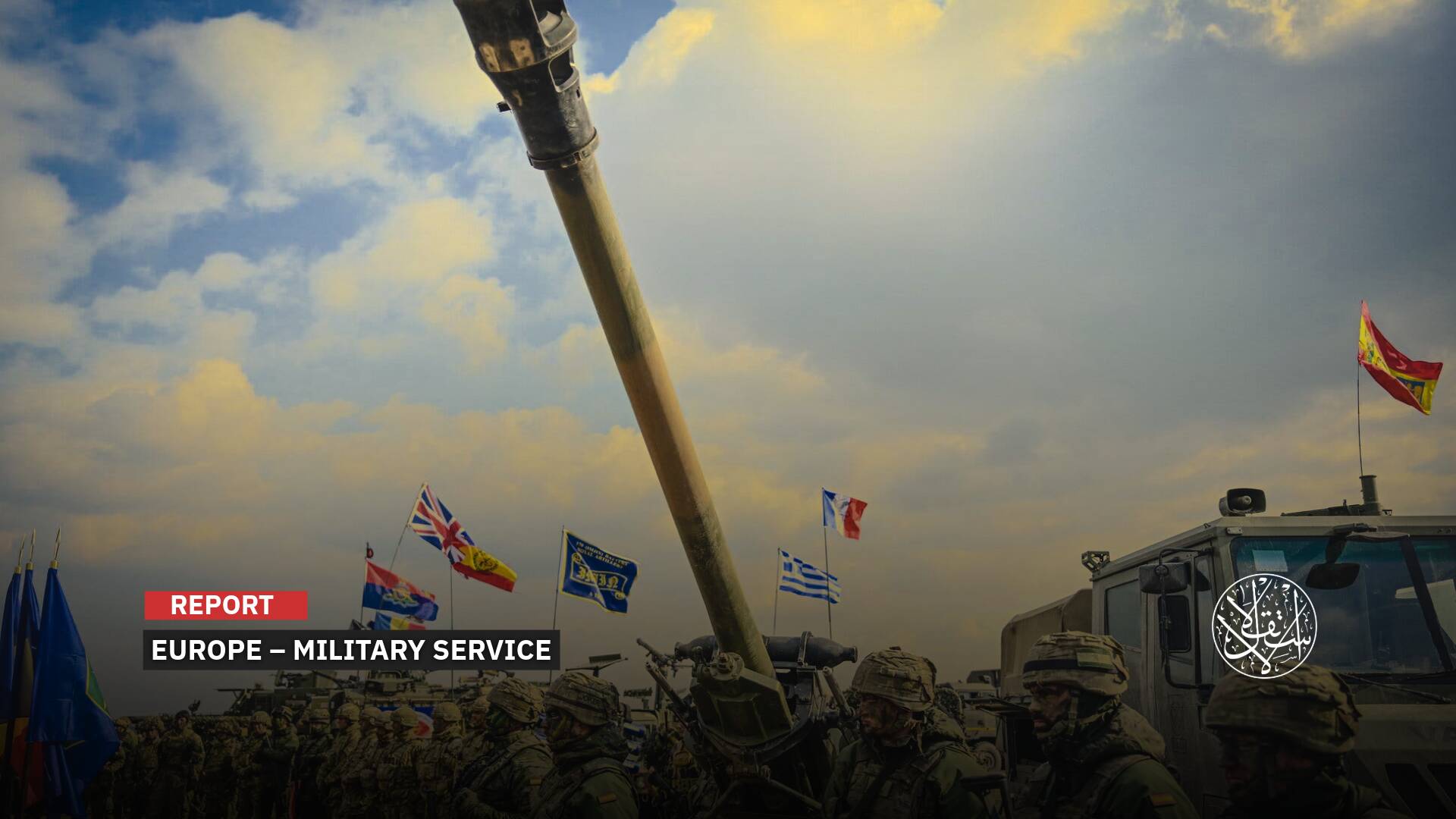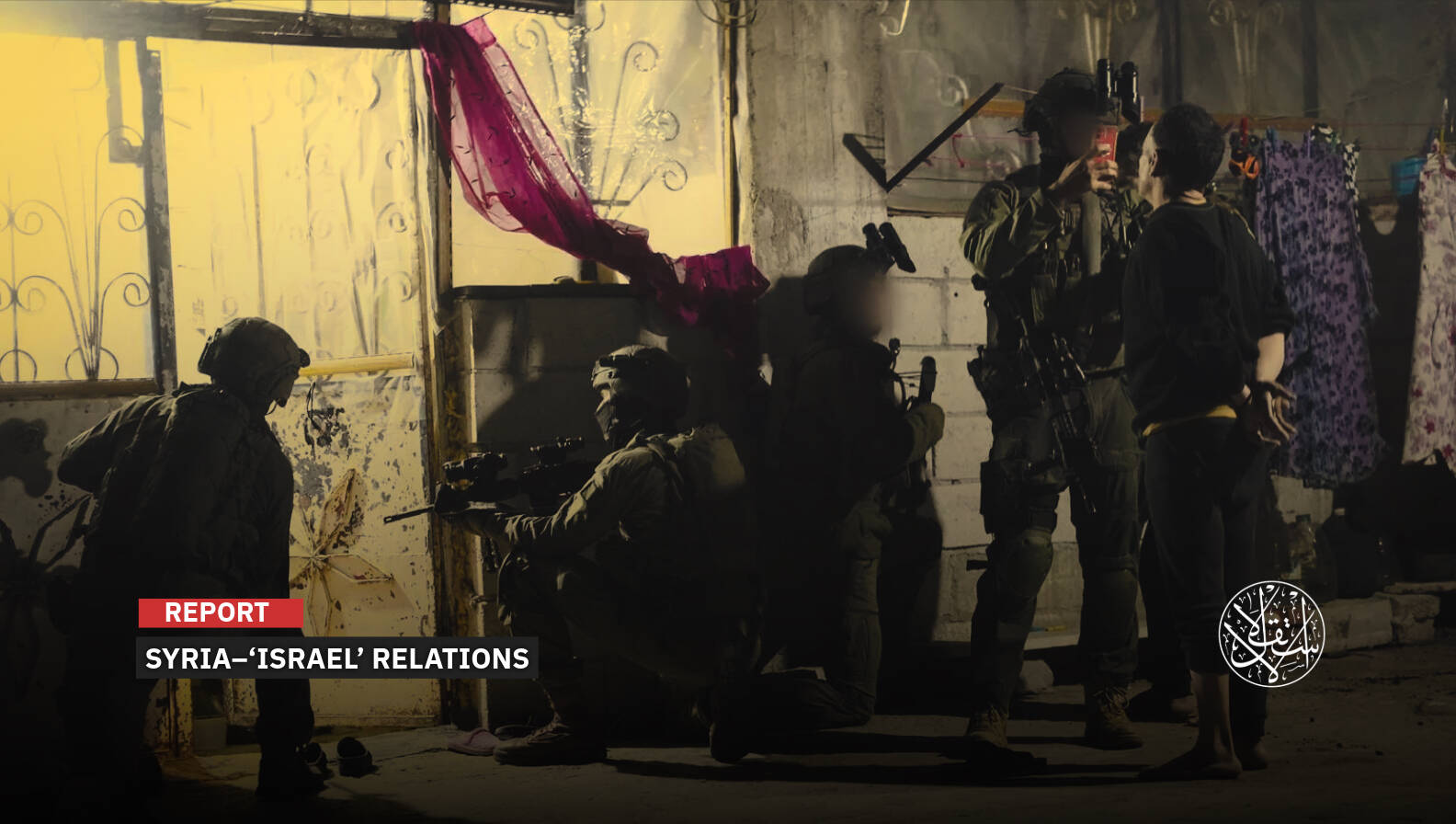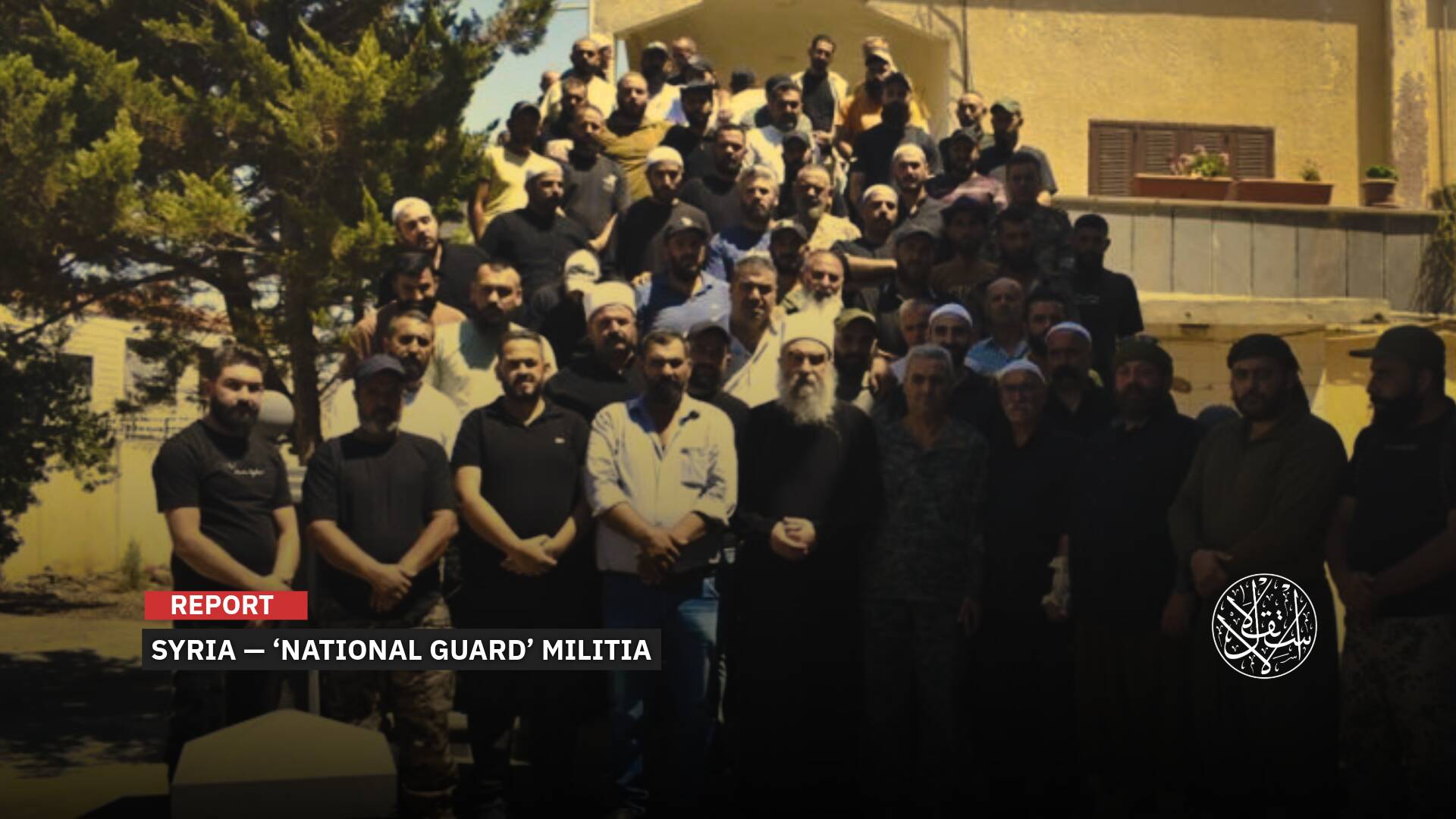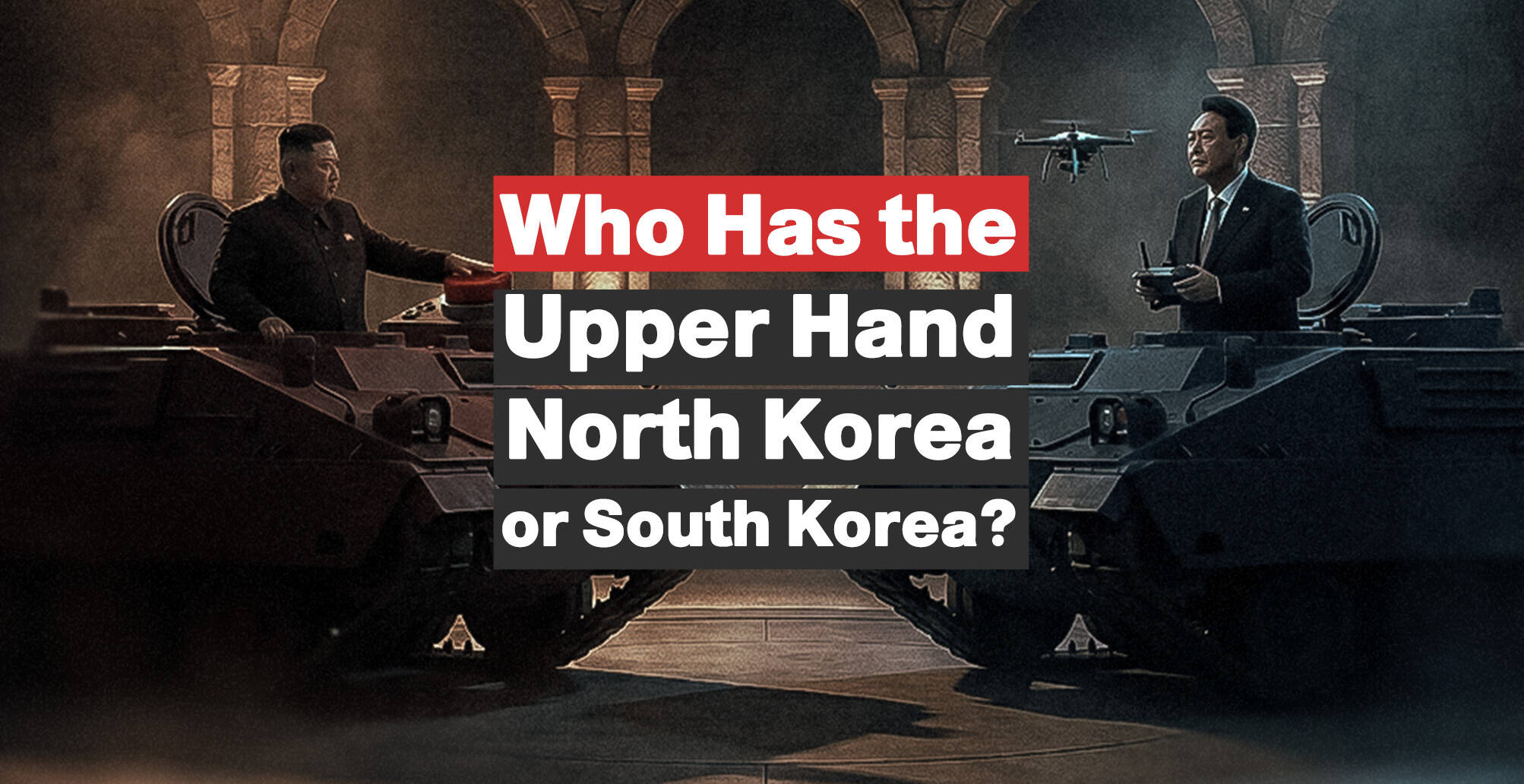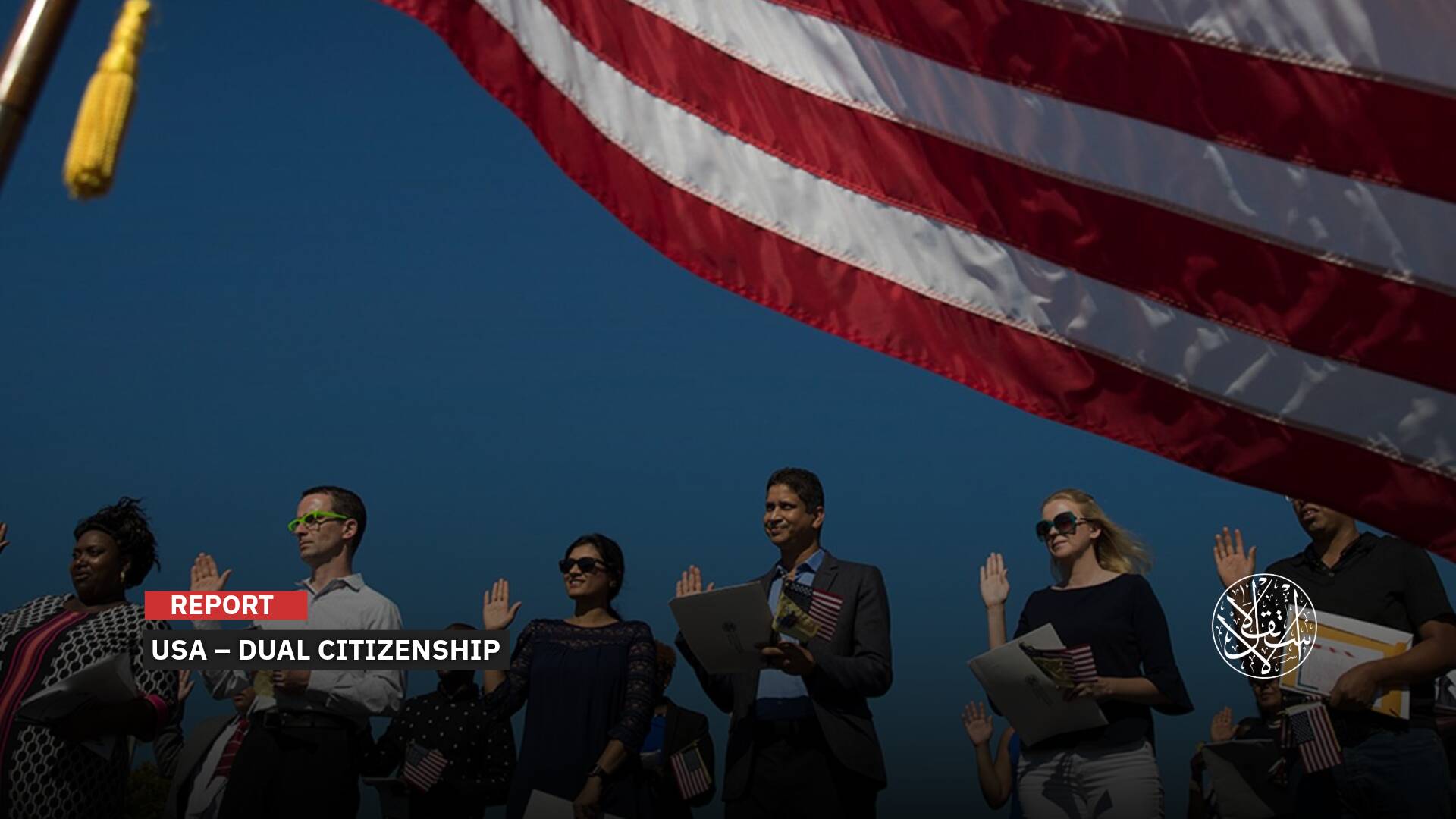UAE’s Hidden Hand: Fueling Sudan’s Civil War
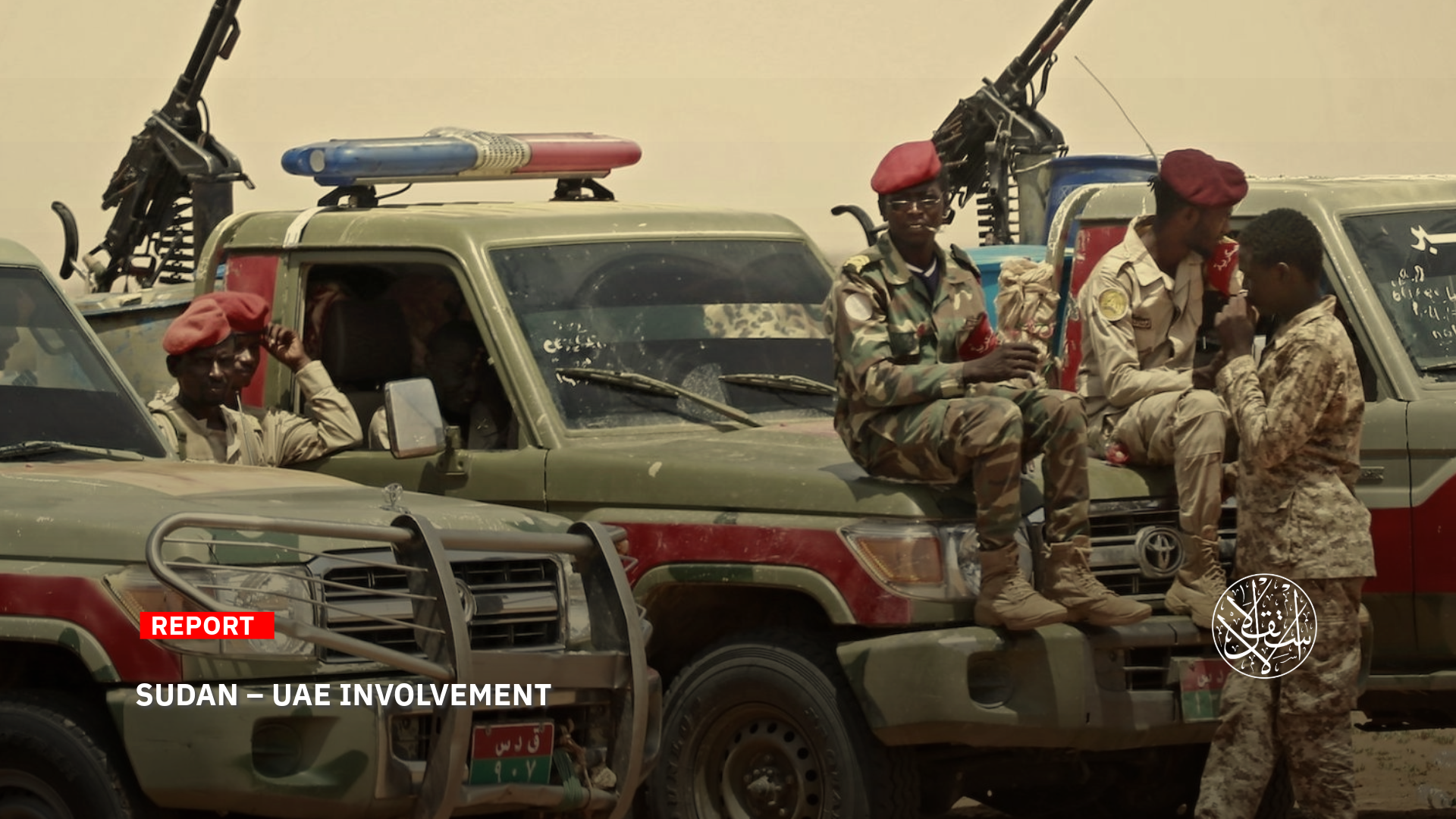
UAE used a network of aircraft to facilitate the delivery of weapons to the Rapid Support Forces militia.
A new and ongoing series of massacres is being perpetrated by the rebellious Rapid Support Forces (RSF) militia, led by Mohamed Hamdan Dagalo, alias "Hemedti," against the Sudanese people during the civil war that has raged against the army since mid-April 2023.
On December 12, 2024, civilian casualties were reported following an airstrike by UAE-backed RSF militia on displacement camps in the city of al Fashir, the capital of North Darfur in western Sudan.
Sudanese local newspapers have reported that around 10 people were killed and 70 others injured, the majority of them women and children, in an intense bombardment by the RSF militia on displacement centres in the Revolution neighbourhood (south) of al Fashir.
The attack, which used a full range of weaponry, targeted shelters housing displaced people.
This deadly assault came just one day after another RSF militia airstrike killed five people at the Zaatari refugee camp in North Darfur.
The camp is reportedly facing severe famine, according to local civil society organization the General Coordination of Darfur Displaced People and Refugees.
On December 10, the governor of Khartoum, Ahmed Osman Hamza, announced that RSF militia had carried out an air raid on the Karari locality in Omdurman, killing at least 65 people.
Meanwhile, 176 people were killed over the course of two days (during the same period) as a result of ongoing clashes between the army and the RSF militia across various parts of Sudan, according to data provided by officials, activists, and lawyers monitoring the unfolding conflict.
The United Nations has described the war in Sudan as the worst humanitarian crisis in recent memory, with tens of thousands of lives lost and more than 12 million people displaced.

The Emirati Role
The ongoing crimes committed by Hemedti’s forces have once again brought to light the issue of Emirati support for the militia, in the form of financial aid, weapons, and medical treatment, which continues to prolong the war.
“Since civil war erupted in Sudan last year, dozens of cargo planes from the United Arab Emirates have landed at a small airstrip in Chad that some U.N. experts and diplomats suspect is being used to funnel arms across the border into the conflict, flight data, and satellite images show,” as reported by Reuters.
“At least 86 flights from the UAE have headed for an airstrip at Amdjarass in eastern Chad since the war began in April 2023, three-quarters of them operated by carriers accused by the U.N. of ferrying Emirati weapons to a warlord in Libya,” according to the flight data and corporate documents reviewed by Reuters.
In January 2024, a UN expert committee report acknowledged that Abu Dhabi had provided military supplies to the RSF militia via an airstrip in Chad, to support their fight against the Sudanese army.
“Logistics win wars, and the UAE has used this plane network to consistently facilitate weapons to the RSF [militia],” said Justin Lynch, lead analyst at the Sudan Conflict Observatory monitoring platform, who reviewed Reuters' flight analysis.
“UAE-supplied weapons to the RSF [militia] have altered the balance of power in Sudan's conflict, prolonged the war and increased civilian casualties,” he added.
Sudanese army spokesman Brigadier General Nabil Abdullah told Reuters that the allegations of Emirati support for the RSF militia were "not accusations, but tangible facts."
“The flow of weapons and equipment from the UAE in this way to the rebel Rapid Support Militia has not stopped since the outbreak of this war.”
According to Al-Estiklal, Abdullah explained that "the supplies included Emirati weapons, equipment, and medicines, often in the form of aid shipments marked with the UAE's insignia. We have managed to seize these shipments at numerous locations controlled by our forces, previously held by the rebels."
Colombian Mercenaries
The support the UAE has provided to the rebels was not limited to just weapons and aid shipments.
The Wall Street Journal highlighted mobile phone footage taken in the arid plains of Sudan’s Darfur region.
“At first glance, the shaky cellphone videos captured on the desolate plains of Sudan’s Darfur region looked like many others emerging from the country’s brutal civil war: Men in camouflage uniforms pose next to crates of weapons, showing off the spoils of their battle.”
“Then one of the men flips through their newly seized prisoners’ papers and personal belongings.
“Look at this, they aren’t Sudanese,” he says, his Arabic inflected with the local Zaghawa dialect, holding up a passport issued some 7,000 miles away by the government of Colombia. “These are the people who are killing us.”
“The Colombian fighters seized last month in Darfur were hired earlier this year by an Abu Dhabi-based company called Global Security Services Group, according to interviews with more than a dozen international officials and Colombian veterans as well as a review of social-media profiles and company websites.”
According to The Wall Street Journal, “The company describes itself as the only armed private security provider to the Emirati government and lists as its clients the Gulf state’s ministries of presidential affairs, interior and foreign affairs.”
Emirati Officers
In a further escalation of Emirati support for the RSF militia rebels in Sudan, the Gulf state has gone so far as to send military officers to the frontlines of the conflict.
On September 24, 2024, the UAE Ministry of Defence issued a controversial statement announcing the deaths of four of its servicemen and the injury of nine others in an incident involving its forces.
The announcement sparked controversy due to the lack of details surrounding the circumstances of the deaths and injuries, raising questions: Was it a traffic accident? A plane crash? Or an explosion?
The mystery surrounding the deaths of the Emirati soldiers was uncovered by Sudanese news outlets, activists, and prominent Sudanese figures.
"The killing of four Emirati soldiers and the injury of others while they were with Hemedti’s militia in Sudan," Sudanese intellectual Taj alsser Osman Ali wrote on X.
"The question remains: why is the UAE concealing the truth about its soldiers' deaths while they were fighting alongside the rebels?"
"Why is President Mohammed bin Zayed sending Emiratis to fight in wars they have no part in, in Sudan, only to later announce they died performing their duty in an undisclosed location or in traffic accidents?"
In another post, Ali commented on the UAE Ministry of Defence’s obituary, stating "The families of these soldiers have the right to know that their sons were killed while standing with the rebels in Sudan!"
"Tell them where they were killed, so they understand that you are war profiteers, sending their sons to fight a war that has nothing to do with them," Osman noted.
How Were They Killed?
Sudanese accounts and websites, including Sudan Tribune, have reported that the Emirati soldiers were killed and injured in an airstrike by the Sudanese military on Nyala Airport in South Darfur.
The city of Nyala is under the control of the RSF militia rebels, led by Mohamed Hamdan Dagalo, known as "Hemedti," and backed by the UAE.
The newspaper revealed that the airstrike resulted in the destruction of the runway, control towers, and administrative offices at the facility, while also hitting the headquarters of the 16th Infantry Division, leaving dozens dead, including the Emirati soldiers.
The attack came just days after the airport had received a large cargo plane, which sources suggest unloaded heavy weaponry originating from the UAE.
It was also reported that the airstrike targeted advanced jamming systems located on Mount Nyala, east of the city, as well as warehouses used by the RSF militia to store military supplies near al-Bir Ragheb Girls' Secondary School.
Sudanese outlets reported that the violent bombing of the city at this particular moment was aimed at intercepting military shipments sent from the UAE to the RSF militia in South Darfur’s capital, before they could be moved to active conflict zones in Khartoum and beyond.

UAE's Destructive Intervention
Sudanese politician Dr. Ibrahim Abdel-Ati commented on the UAE’s interventions in Sudan, and its support for the RSF militia with money, weapons, mercenaries, and officers, saying, "Abu Dhabi has long been the capital of counter-revolution since the outbreak of the Arab Spring in 2010, meddling in the security of Tunisia, Egypt, Syria, Yemen, and Libya."
In an interview with Al-Estiklal, Abdel-Ati said "However, Sudan represented a unique case for them, as it was the only country among these to have Islamists (relatively) embedded within state institutions, from the government apparatus to the army, police, and intelligence services."
"For this reason, the UAE sought to dismantle the state itself and completely destroy it, replacing it with militias and rebel groups, in order to utterly crush the old system that did not suit them."
Abdel-Ati described the situation as akin to a "game of death," where Abu Dhabi bet on tribal gangs, jeopardising the security of nearly 50 million people, the backbone of Sudan’s ancient population.
He criticized the delayed response of the army and state institutions in confronting the UAE’s role from the outset.
"They allowed the UAE to transform the RSF [militia] from a limited force into a large, well-equipped army that nearly swallowed the state whole," he said. "Had they stood up to it from the very beginning, none of this would have happened."
"All they did was delay the confrontation, turning it into a catastrophic civil war that ravaged Sudan’s security and brought the country to the brink of division," Abdel-Ati concluded.
Sources
- Casualties in RSF Airstrike on Displacement Camps [Arabic]
- The escalation of violence in Sudan... A new massacre by the Rapid Support Forces (RSF) in "Karari," with 65 people killed in a mortar attack... 9 people killed in a new assault on the Zaatari displacement camp... and 7 members of the same family killed in an attack on the Al-Jil neighborhood in al Fashir. [Arabic]
- A UAE-linked company has deployed Colombian mercenaries to support the RSF in Sudan. [Arabic]
- How a U.S. Ally Uses Aid as a Cover in War
- Dozens of UAE flights head to airstrip UN says supplies arms to Sudan rebels
- The Global War Machine Supplying Colombian Mercenaries to Fight in Sudan
- UAE fights flood airstrip, UN says supplies weapons to Sudan rebels https://www.newarab.com/news/uae-flights-flood-airstrip-un-says-supplies-weapons-sudan
- Sudan’s RSF arrests dozens in Nyala after air strikes


